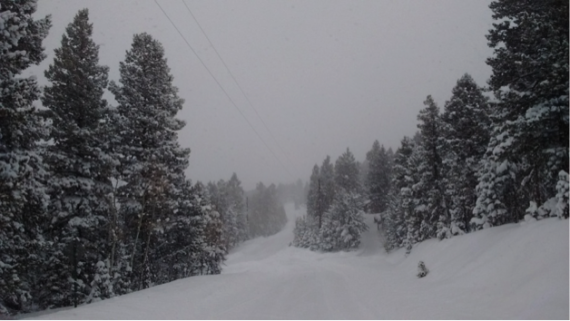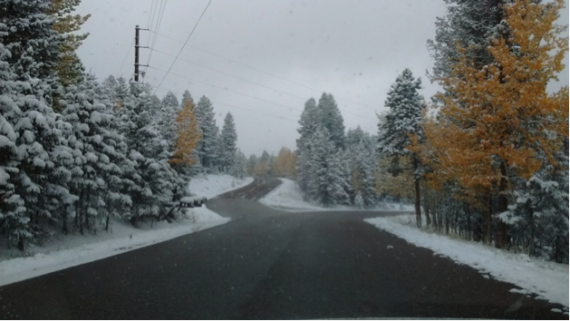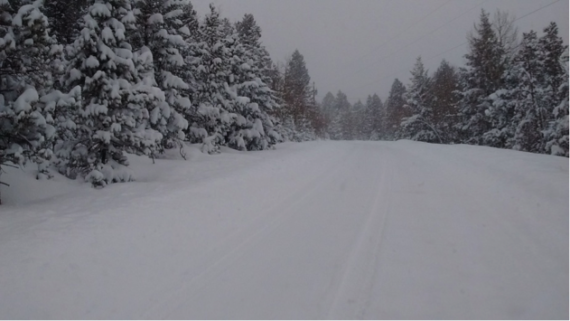
By HPRS Staff Columnist Holly Rapp
Professional runner Mary Cain’s recent devastating story of abuse at the Nike Oregon Project brought one of the most intimate issues facing runners today into a national spotlight: that of bodies.
While there is much to unpack in what Cain said, her experience of body shaming and the forced pursuit of a lower weight at any cost, including disordered eating, resonated strongly with the alarming number of runners who have shared the same struggles. With her story, Cain became part of a growing cohort of runners sharing bravely and publicly their deeply private experiences of body image and eating disorders.
Earlier this year, in July, I was shocked to read a similarly revealing essay from Amelia Boone, an accomplished obstacle racer and ultrarunner. Boone’s running resume includes everything from the Georgia Death Race to the Barkley Marathons. She embodies many of the ideal characteristics of an ultrarunner: highly talented, driven, and tenacious. The overriding theme of her races is that she is never afraid to suffer.
But when she decided to write openly about her body, Boone shared a story of suffering beyond anything I could have imagined in a powerful piece titled “The Recovery I Needed.” In eloquent prose, Boone laid bare a harrowing 20-year struggle with anorexia. She hid this secret so carefully that few had any idea until she published her narrative. Amelia’s essay is hard to read but important; long but worth your time.
—-
I can’t imagine the courage it took for Amelia and Mary to share what they did. Both displayed an incredible degree of honesty and vulnerability as they addressed a topic most runners are scared to discuss. Eating disorders remain a fraught subject for many of us, a problem painfully visible in our community but one which we rarely acknowledge or name with one another. I myself am nervous to write about such a sensitive topic, afraid I might say something wrong or something that may be hurtful to anyone.

But I also think it’s important that we try to have these conversations, that we work to find ways to talk about even the most difficult subjects. As Mary and Amelia’s stories show, other runners have already started this work in much more personal and engaging ways than my small effort here, as I can’t share a story of my own because I am fortunate to have avoided these problems. It’s hard for me to see that other runners experience things much differently, but it’s thus especially important that I’m aware of these issues.
—-
Last May, here at HPRS, Christopher Mellott wrote an honest, thoughtful article on body image and running. I was impressed thoroughly by his candor and his ability to reflect so carefully on a notoriously difficult topic. His piece demonstrates well the honesty and emotion that makes these narratives compelling.
This article on Allie Kieffer and this feature on endurance athletes and eating disorders from Outside (notable for its inclusion of male athletes, a group too often overlooked) also represent open, honest discussion of the topic. Altra released an excellent video, “The Weight of Mountains,” featuring ultrarunners Kaci Lickteig and Amanda Basham speaking candidly about their struggles with mental health and eating disorders.
I hope these examples are only a start and that we continue these difficult conversations we’ve avoided for too long.
—-
It’s impossible to overstate my respect for those willing to tell these painful, intensely personal stories in an effort to help others. Taken together, they represent a sea-change in running culture, a shift in which we are learning that we don’t have to suffer alone. We are slowly getting better at talking about mental health and I hope we can devote even more effort this important work.
The more of these narratives we see, the more other runners may be willing to ask for help and to share their own stories. Learning from our collective experiences is a powerful way we can create positive change as a running community.
—-
Though they are the hardest to tell, it’s the stories we’re afraid to share that are the most important.

